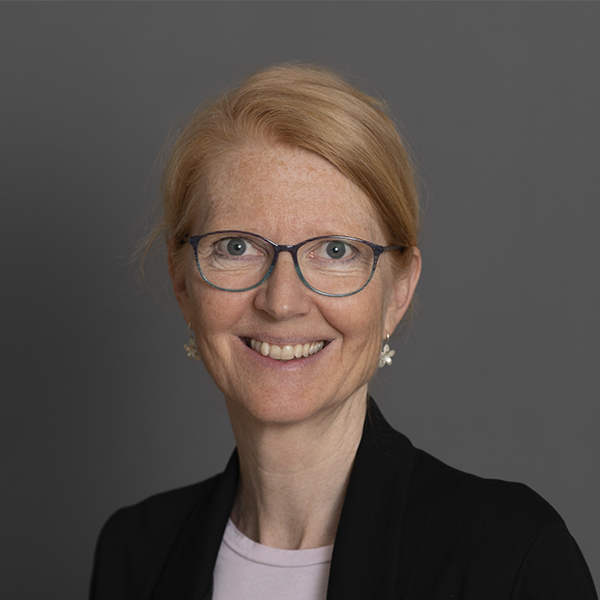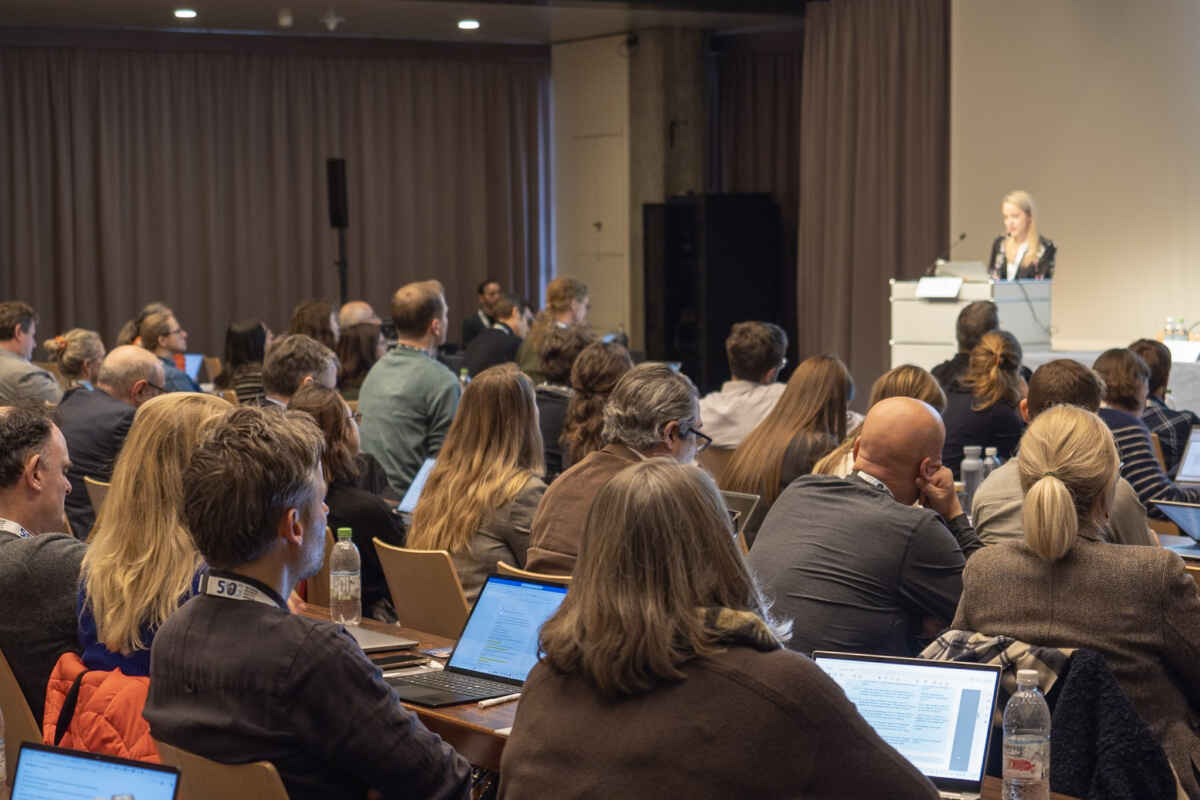To treat certain types of leukaemia, young patients are given a stem cell transplant. In some cases, chemotherapy is required in preparation for this treatment. An international study is now comparing two established chemotherapy combinations. Children in Switzerland with the disease are now also eligible for participation in this study.
Acute myeloid leukaemia (AML) is a malignant blood formation disorder that occurs in the bone marrow. It causes the body to produce too many immature blood cells while reducing the number of healthy ones, which soon leads to widespread organ damage. In children, this type of leukaemia most frequently occurs before the age of two. Without treatment, the disease proves fatal within weeks or months.
In recent decades, research has dramatically improved the prospects of recovery. The course of treatment varies depending on the specific AML subtype. Some patients require a stem cell transplant alongside chemotherapy, which involves giving patients healthy blood stem cells from a donor with the aim of restoring the blood formation process.
Which chemotherapy combination is better?
In some cases, preparatory chemotherapy may be required before the stem cell transplant can take place. The international clinical study entitled SCRIPT-AML is now comparing two chemotherapy combinations which have both already proven to be effective. The aim of the study is to find out which of the two preparatory chemotherapy combinations is more effective, and whether one of the combinations has fewer side effects than the other.
SPOG has now opened the SCRIPT-AML study, meaning that young patients in Switzerland can now also participate. The chemotherapy combination they will receive is to be assigned at random. The study aims to establish whether one combination is better than the other.
The outcome of the study will benefit patients in the future. SPOG is pleased that its clinical research will help to improve treatment options for patients with acute myeloid leukaemia.
Brigitte Casanova
Brigitte Casanova supports SPOG communication projects; as a Germanist, she complements the science-oriented team at the Coordination Center.
More articles from Brigitte Casanova







